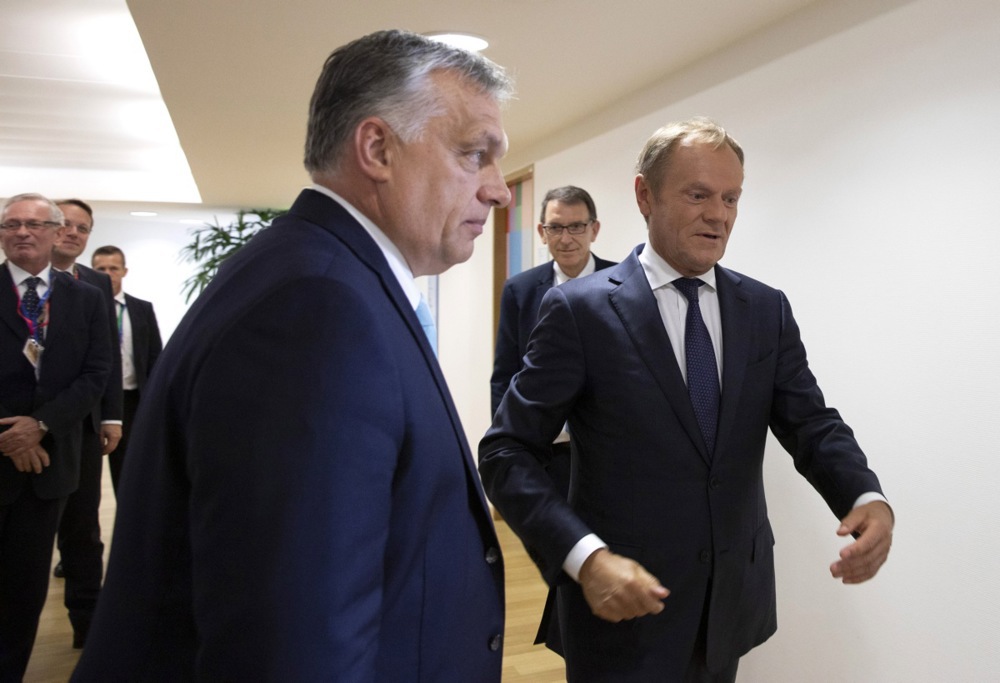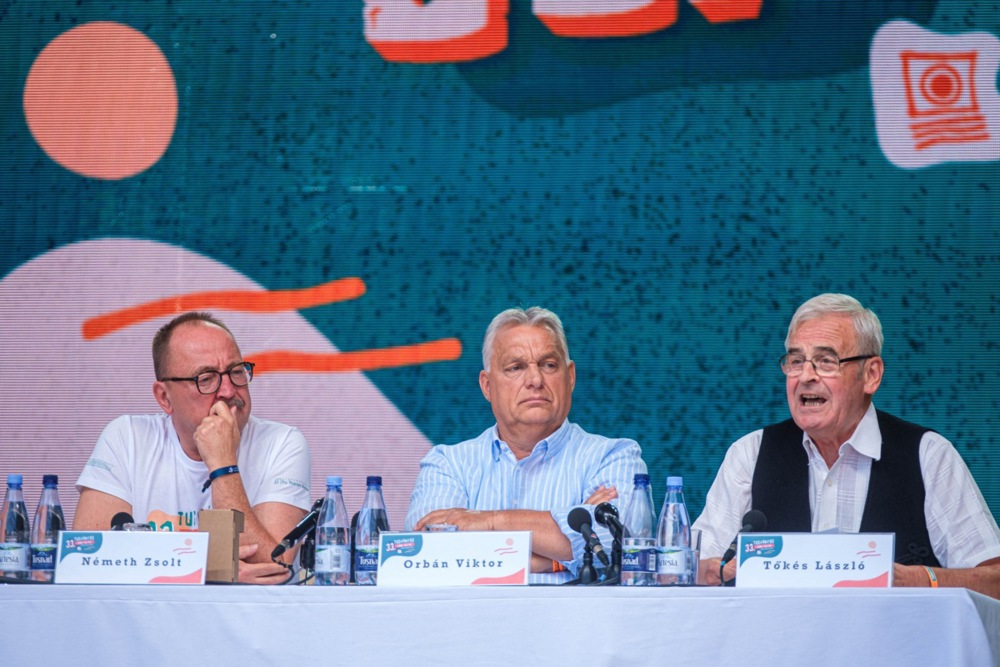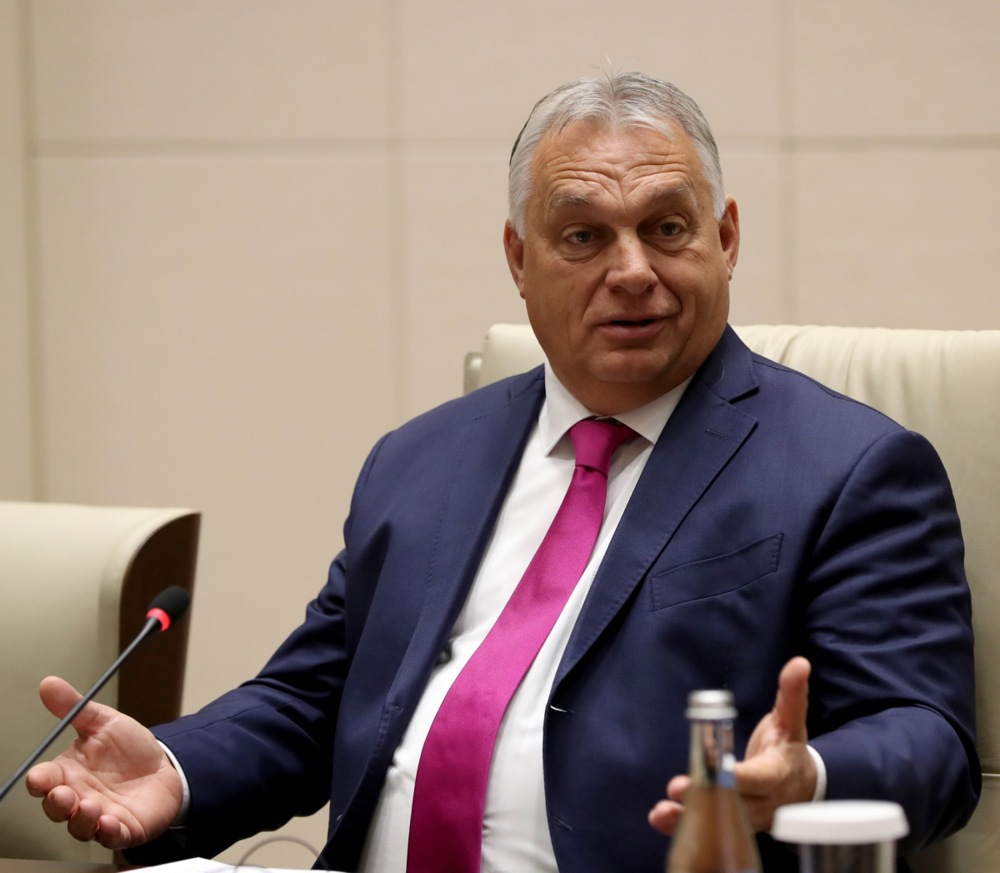Poland’s foreign ministry has issued an official note to the Hungarian embassy that stated it would not welcome the presence of the Hungarian ambassador to Poland at an upcoming gala.
The event on the evening of January 3 is in honour of the opening of Poland’s six-month presidency of the Council of the European Union – marking the end of Hungary’s term.
That began on January 1 and the rebuff on January 2 came after the Polish Government had already snubbed Hungary by failing to invite the country’s Prime Minister Viktor Orbán.
The Hungarian ambassador István Íjgyártó was informed in writing by Poland’s foreign minister Radosław Sikorski that he would not be welcome at the inauguration ceremony.
Orbán was not invited to the event at the Polish National Opera building, which will be led by Polish Prime Minister Donald Tusk and Council President Antonio Costa.
Polish Deputy Minister for European Affairs, Magdalena Sobkowiak-Czarnecka, spoke to the Polish Government controlled TVP Info on January 3 justifying the decision.
She said that was in the context of Hungary granting political asylum to Poland’s former deputy justice minister in the previous Conservative (PiS) government, Marcin Romanowski. She also claimed Hungary’s behaviour within the EU had placed it at the bloc’s “margins”.
“When we invited guests to our gala almost a month ago, we invited the entire diplomatic corps, but after the situation with minister Romanowski our foreign minister decided that the Hungarian ambassador is not a welcome guest in the opera today,” Sobkowiak-Czarnecka said.
The Polish Government reacted angrily after Hungary granted political asylum in December 2024 to Romanowski. He had been due to be detained on charges of allegedly defrauding the Justice Fund controlled by the ministry in which he served.
The administration has since threatened Hungary with legal action at the European Court of Justice over what it claimed was the country’s defying of an international arrest warrant.
Poland also criticised Orbán for his visit to Moscow during Hungary’s EU Council presidency, saying it was “inconsistent” with EU norms of representation.
Hungarian foreign minister Péter Szijjártó, according to Hungarian news portal hu.24, reacted to the Polish decision. He said: “There are two terms competing with each other to describe Poland’s decision: Pathetic and childish,” with that reaction being confirmed in an email from the Hungarian foreign ministry.
Relations between Poland and Hungary have deteriorated sharply since Donald Tusk’s centre-left government came to power in Poland.
Previously, during the term of the PiS government, the two countries had worked closely on issues such as migration and protecting the sovereignty of EU member states, although they differed over attitudes toward Russia and the war in Ukraine.
The further escalation of tensions between the two countries came as Poland has been making security in general, rather than transatlantic relations, the leading theme of its Council presidency ahead of US President-elect Donald Trump’s inauguration on January 20.
Orbán is the second Trump ally Tusk has effectively made persona non grata in Poland.
The Polish foreign ministry had announced in late December 2024 that the country could not guarantee Israeli Prime Minister Benjamin Netanyahu immunity from the arrest warrant issued by the International Criminal Court. That was in regards to Nethanyahu’s attending the commemoration of the 80th anniversary of the liberation of Auschwitz.
Polish independent radio station RMF FM reported on January 3 that Tusk had decided Poland would not now host any informal EU summit during the six months of its presidency.
That, it said, was because the Polish PM did not wish to see the PiS-aligned and Trump-friendly Polish President Andrzej Duda being the official host of such an event.
Duda, in turn, has invited Trump to a summit of all Central and Eastern Europe countries, which he is reportedly organising for late April.





